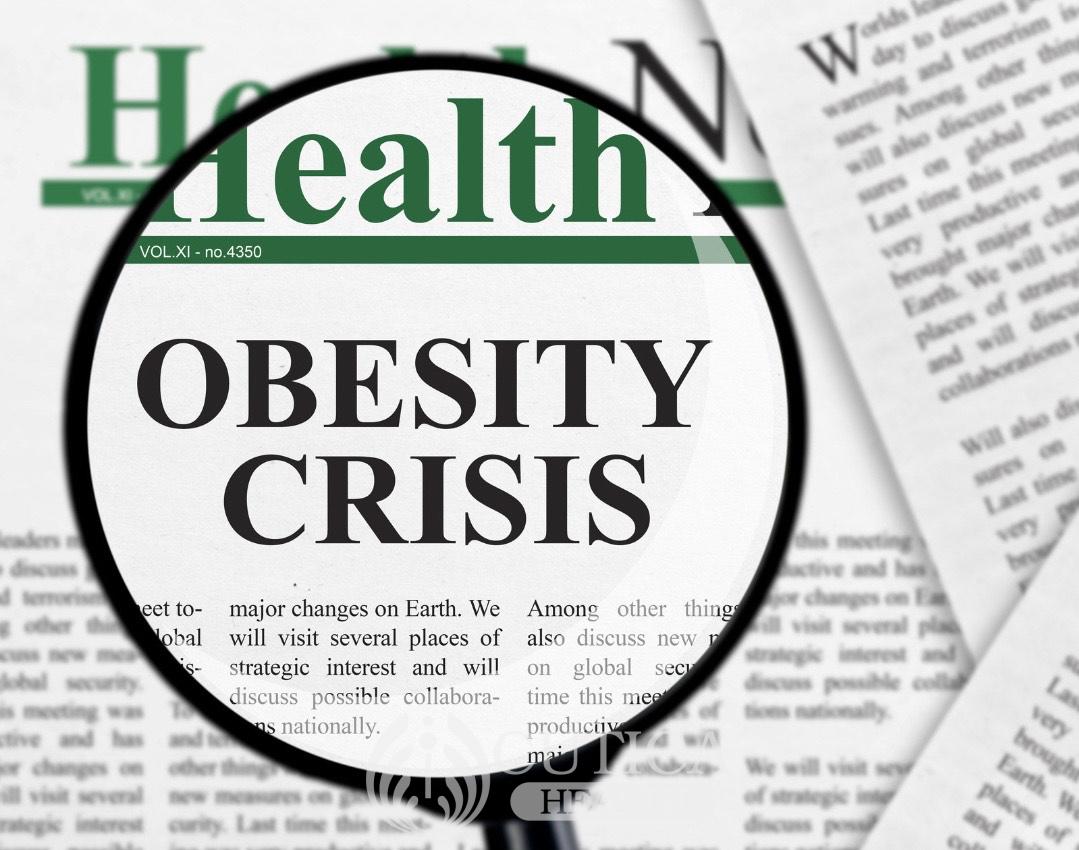
Did you know that your body weight can affect your chances of getting pregnant?
Obesity affects fertility in both men and women in a couple of ways: from preventing ovulation to reducing sperm’s mobility.

But first how do we define obesity?
Obesity is measured using the body mass index (BMI). BMI is calculated by dividing weight (in kilograms) by height squared (in meters), (kg/m2). Using this formula, people who have a BMI greater than or equal to 30 are considered obese.
Research has shown that a BMI between 20 and 25 (this is considered normal weight) makes it easier to get pregnant. Obesity impacts fertility in several ways.

Let’s explore them below:
- High body weight increases a woman’s chances of not ovulating. This is usually caused by insulin resistance triggered by obesity as well as an increased level of testosterone, the male reproductive hormone, in such women. Fertility and regular ovulation can be restored after losing weight considerably.
- Obesity also reduces your chances of responding adequately to fertility treatments such as in vitro fertilization (IVF). This is because IVF procedures such as embryo transfer and egg retrieval are more challenging to perform when the person is overweight. Additionally, when these procedures are successful, the chances of a successful pregnancy are lower when the person is obese.
- Men who are obese have a higher chance of presenting with low sperm counts. This occurs because of higher body temperatures in obese men, especially around the scrotum. Additionally, obesity can result in hormonal imbalances such as higher oestrogen levels and lower testosterone levels. These can, in turn, cause low sperm count and quality.
- Obesity has a strong link to complications during pregnancy. Obese women are at a higher risk for pregnancy-induced hypertension and diabetes. Being obese can also increase the likelihood of miscarriages for several reasons such as altered hormone levels, low quality eggs, and inability of the fertilized egg to be implanted into the womb.

CONCLUSION
Obesity can contribute to infertility in both men and women. Overweight couples trying to conceive should have a weight-loss plan together. It has been recommended that fertility treatments should commence after some weight has been lost to increase the chances of a successful pregnancy.












